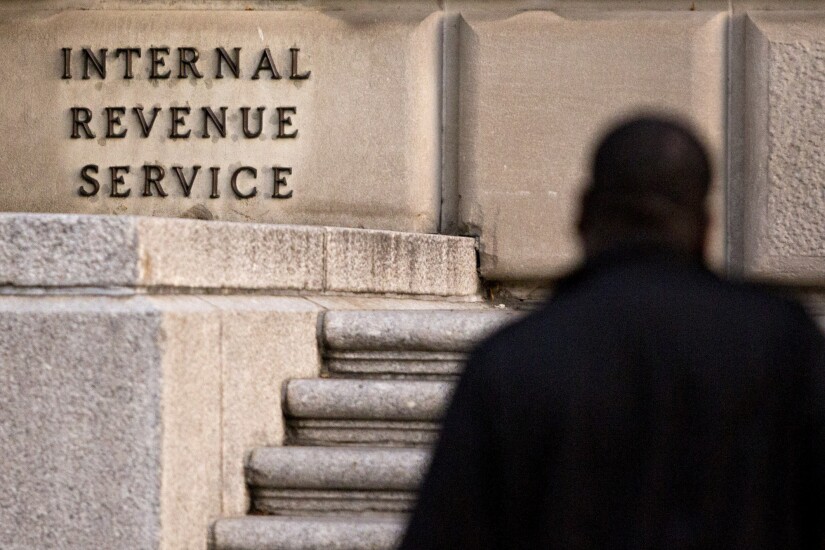Want unlimited access to top ideas and insights?
Wealth managers recognize the need to be fully aware of what's happening in Washington, D.C., as the ramifications of legislative and regulatory change can have a critical impact on their businesses.
The Fed's decision to maintain the status quo on interest rates for the time being, pre-election proposals for 'billionaire taxes' on ultrahigh net worth individuals, and FINRA battling for its continued existence are among the developments making waves on Capitol Hill that may impact advisors.
Read our roundup below for more on these and other stories on the influence that changes in D.C. are having on wealth management.










